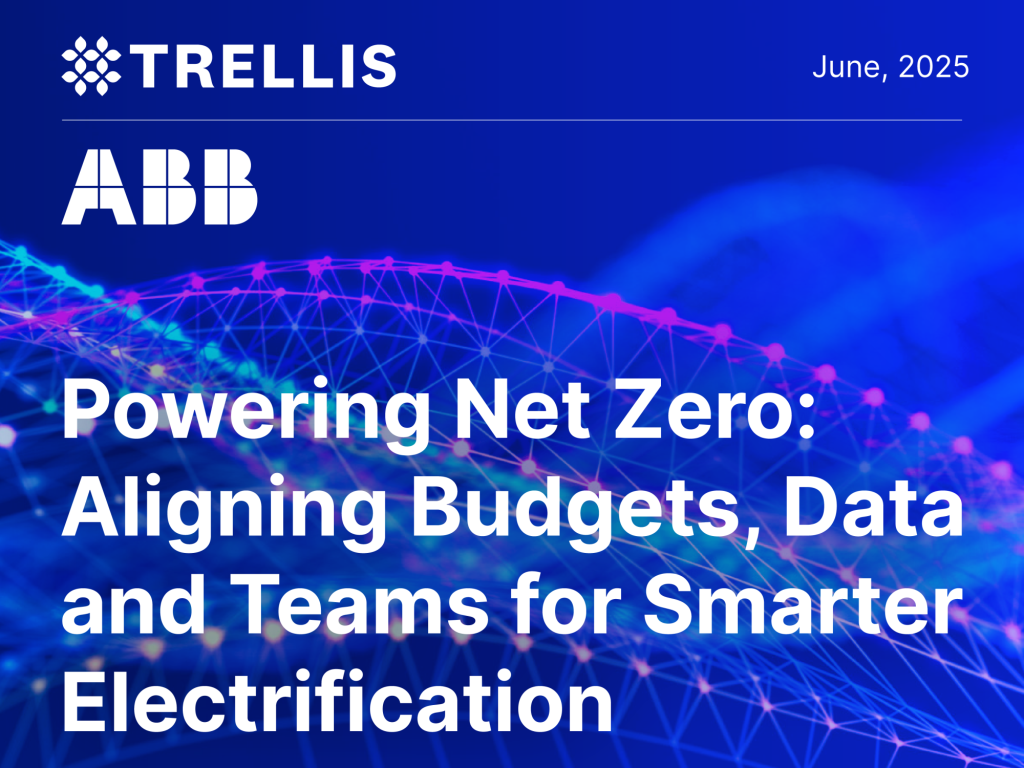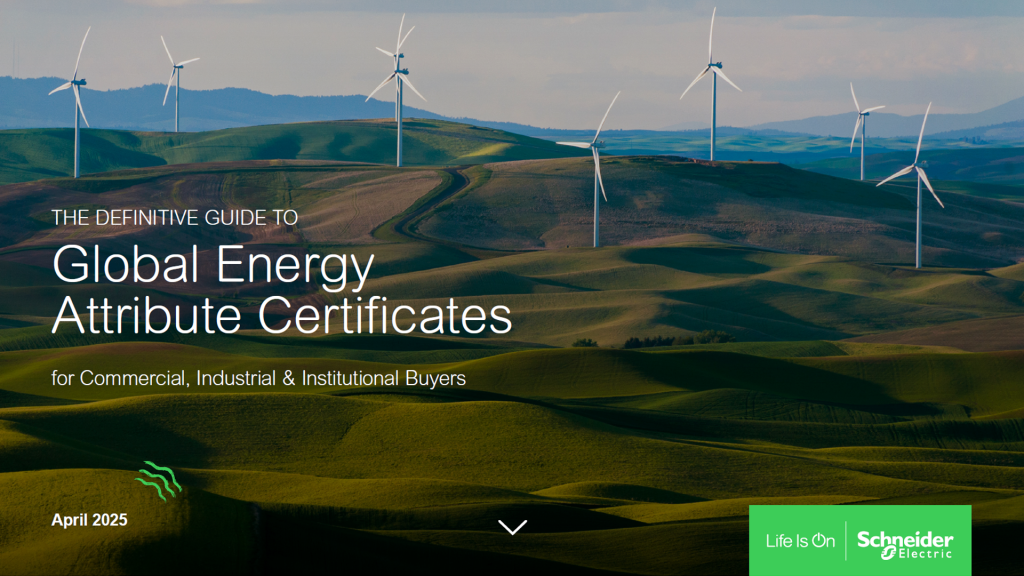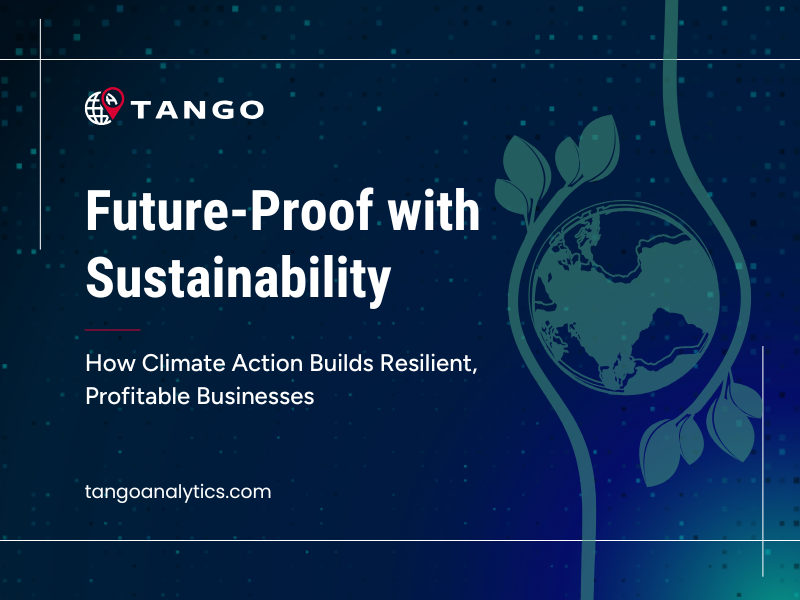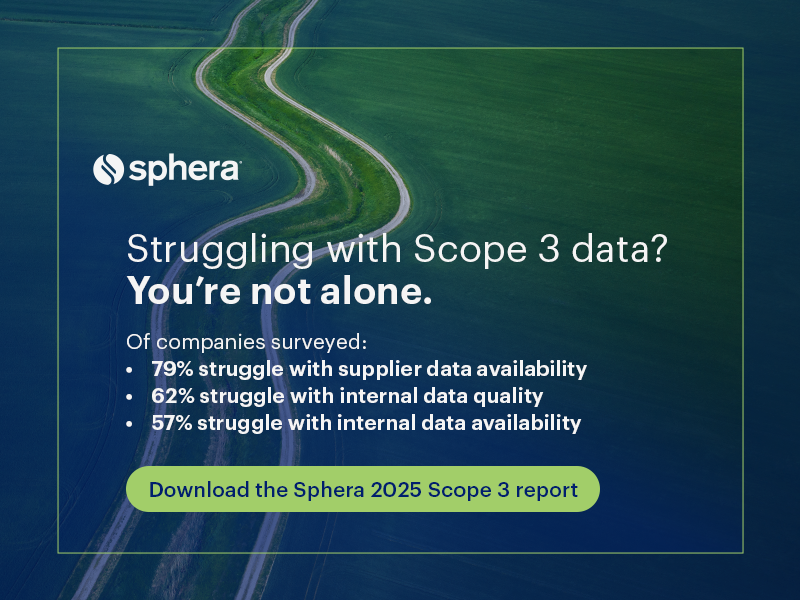BP Global Compact Commitments
The Baku-Tbilisi-Ceyhan (BTC) oil and gas pipeline project, when completed in 2005, will carry up to a million barrels of oil a day over a thousand miles across Azerbaijan, Georgia, and Turkey. It represents the first direct transportation link between the Caspian and the Mediterranean Seas, and its anticipated operation is at least 40 years. The pipeline will be the primary conduit for oil from a field off the coast of Baku which has an estimated 5.4 billion barrels of recoverable resources. With an estimated construction cost of $2.95 billion, the BTC project is expected to meet up to 10% of incremental global oil requirements over the next decade.
The remarkable scope of the project raises questions regarding how oil companies can best integrate human rights protections in keeping with commitments outlined in Principles 1 and 2 of the Global Compact. In designing the BTC project, BP plc sought to establish a new benchmark for a major infrastructure project with respect to the promotion of internationally recognized human rights and environmental standards.
Consultations with Stakeholders
In order to secure significant community involvement and support, BTC Co. undertook to ensure that the more than 450 communities in 30,000 land-owners and land-users affected by the pipeline were consulted over a 20 month period. Based on these consultations, BTC Co. produced a “Regional Review,” which serves as a comprehensive socio-and macro-economic assessment of the project’s impact on the region. Part of the consultation process with local communities included developing a comprehensive public Consultation and Disclosure Plan (PCDP) for each of these countries.
Transparency
Over 11,000 pages of project documents are accessible on the BTC Web site, www.caspiandevelopmentandexport.com. The publication of this information provides stakeholders with a broad understanding of the project and its implications.
Social and Environmental Concerns
In selecting the pipeline route, BTC Co. sought a commercially viable option that minimized risk, avoided the displacement of communities, and incorporated long-term security arrangements. With regard to environmental issues, the creation of the pipeline avoids additional tanker traffic in the congested and narrow Turkish Straits and circumvents internationally and nationally designed protected areas, including the Borjomi-Kharagauli National Park.
Legal Framework
The transitional economic and political nature of the three host governments presented obstacles to BTC Co. and the international investment community. Accordingly, the parties created a Prevailing Legal Regime (PLR), a special legal framework for the project, which supplements the existing structure of local laws and regulations. The PLR ensures that human rights, labor, health, safety, and environmental standards applicable to the project will in no event be less stringent than the highest of applicable European Union standards (including EU Directives), World Bank Group standards, and standards under international labor, and human rights treaties.
Joint Statement
In an effort to respond to concerns that BTC Co. needed to clarify its commitment to international standards, the company drafted and orchestrated the signing of a









